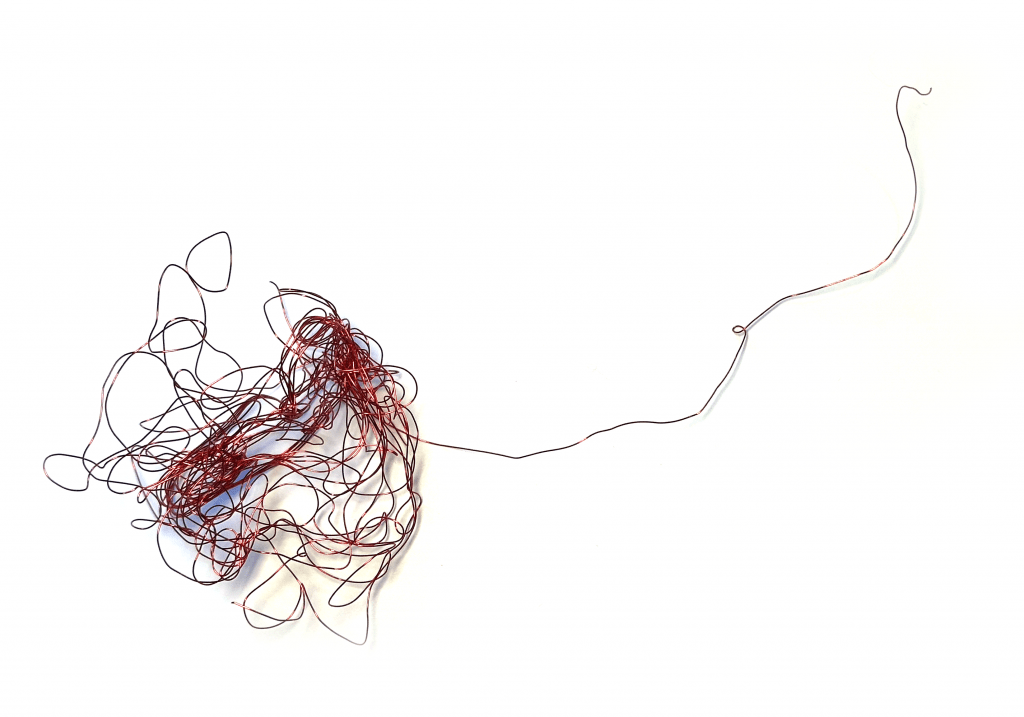
Frequently Asked Questions
How do I consult a psychoanalytic psychotherapist?
You can search directly for a Guild psychotherapist through the Find a Therapist page or speak with a Guild of Psychotherapists Referrals Co-ordinator for your area. Referrals Co-ordinators help to place you with someone suitable and can answer your questions about psychotherapy if you are new to it.
What is the process of consultation like?
Initially, you will meet with a psychotherapist for one or more consultations to decide whether to work together and to think about what you are looking for. If you and the therapist both agree that on-going work will commence, then you would usually arrange for psychotherapy sessions at a frequency of once or more times per week.
How long does psychotherapy take to work?
There is no fixed time length for psychotherapy to work. Often psychotherapy can provide some immediate relief quite quickly. If you have waited a long time to speak with someone, the early sessions can feel liberating. However, often people stay in psychotherapy for longer periods, even several years, because they want to make changes in their lives that require significant work to break long-standing patterns. There is some evidence to suggest that the longer you stay in psychotherapy, the longer the results are likely to last.
How are your psychotherapists trained?
Psychotherapists undertake a rigorous training over several years. This involves both theoretical seminars and many hours practicing their listening in many different contexts and being supervised in their work by senior psychotherapists and psychoanalysts.
Is it ok to see a Guild of Psychotherapists’ trainee psychotherapist?
Trainee psychotherapists usually, but not always, have had less experience than qualified members, however you may find psychotherapy beneficial with a trainee just as much as with a qualified member. Sometimes it is more about the match between you and a therapist and how you work together than it is about years of experience. Trainees receive close supervision of their work by more experienced colleagues and all trainees and members adhere to the Guild of Psychotherapists’ Code of Ethics.
What’s the difference between Psychotherapy, Psychoanalysis and Psychoanalytic Psychotherapy?
Psychotherapy is a broad term for various therapeutic approaches addressing mental health issues, often focusing on symptom management or specific problems, typically with weekly sessions. Psychoanalysis, rooted in Freudian theory, is the most intensive form, involving multiple weekly sessions over years, exploring unconscious conflicts and early life experiences through techniques like free association and dream interpretation. Psychoanalytic psychotherapy bridges these approaches, using psychoanalytic principles to explore unconscious processes and relational patterns but with less intensity and more flexibility, usually involving one or two weekly face-to-face sessions over months or years.
